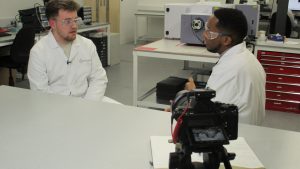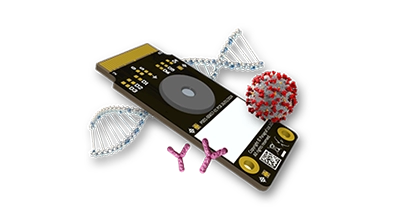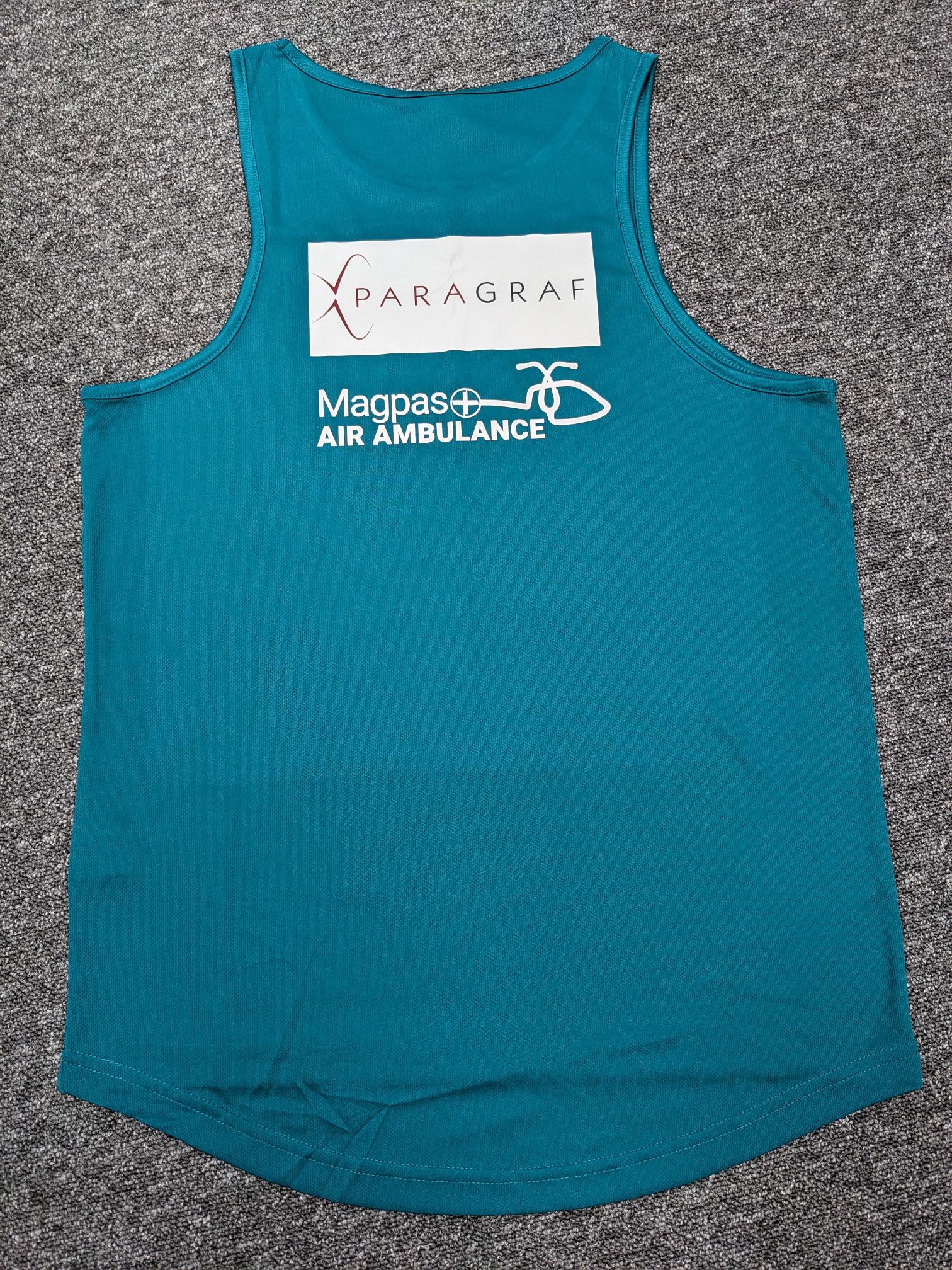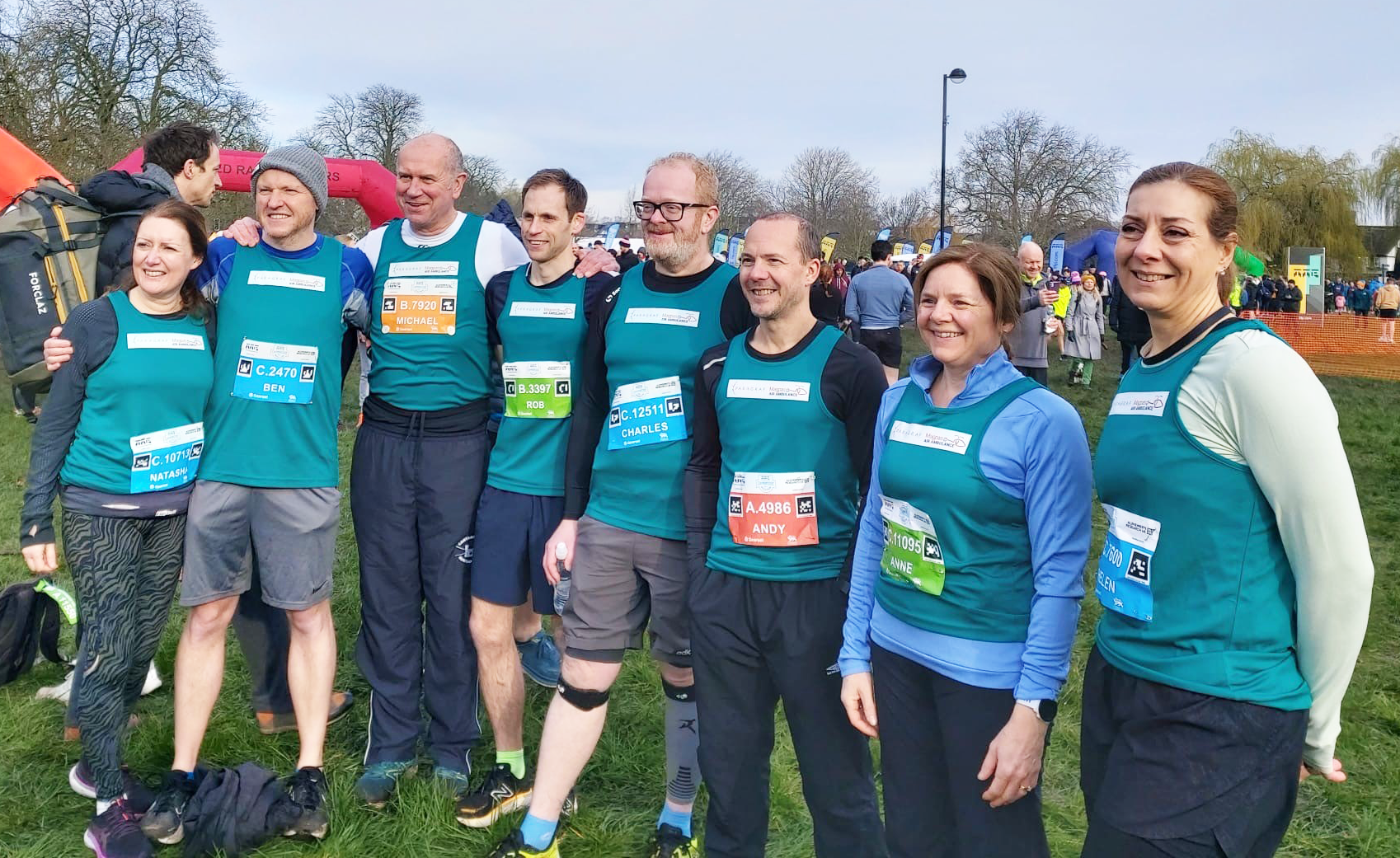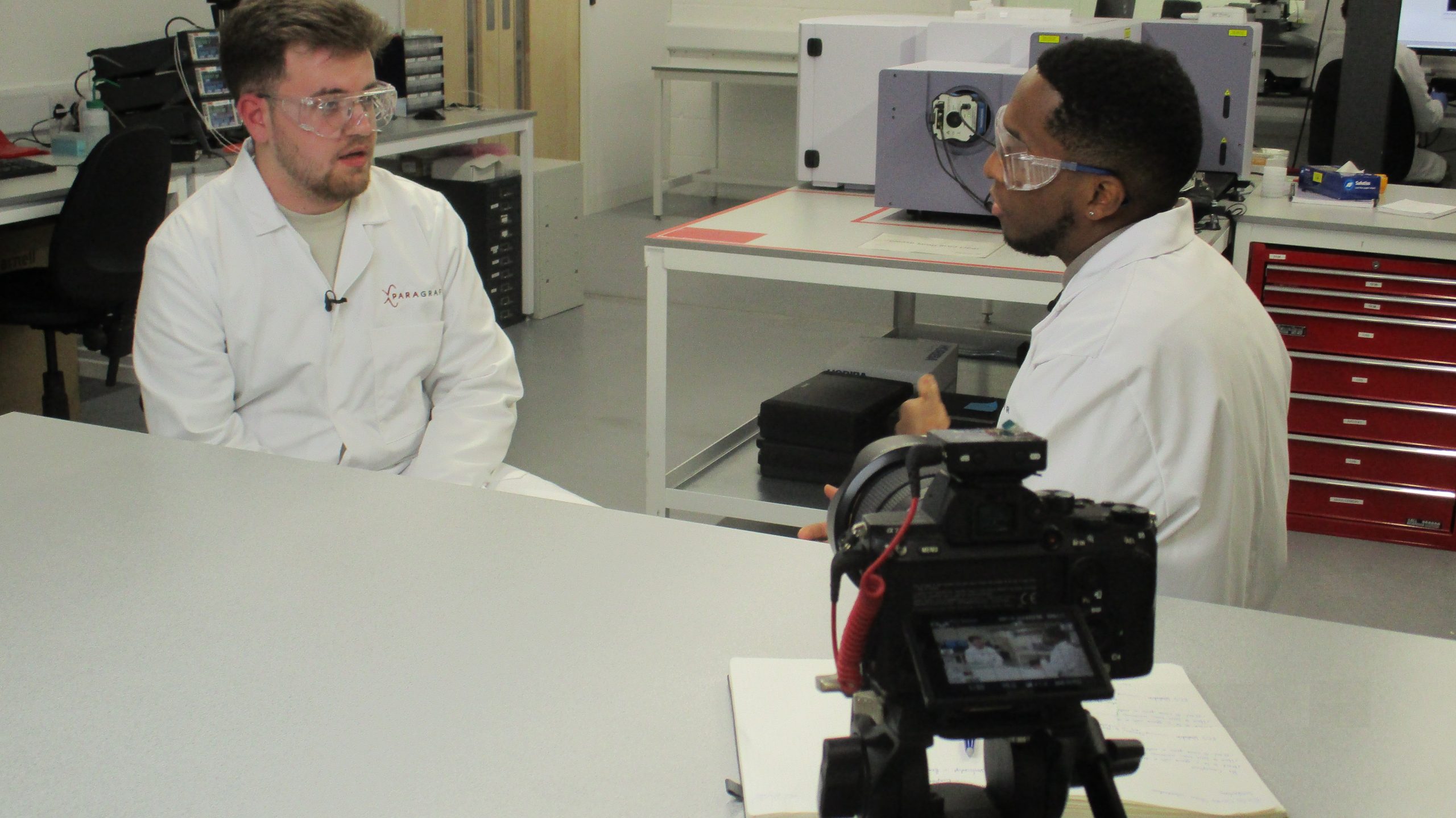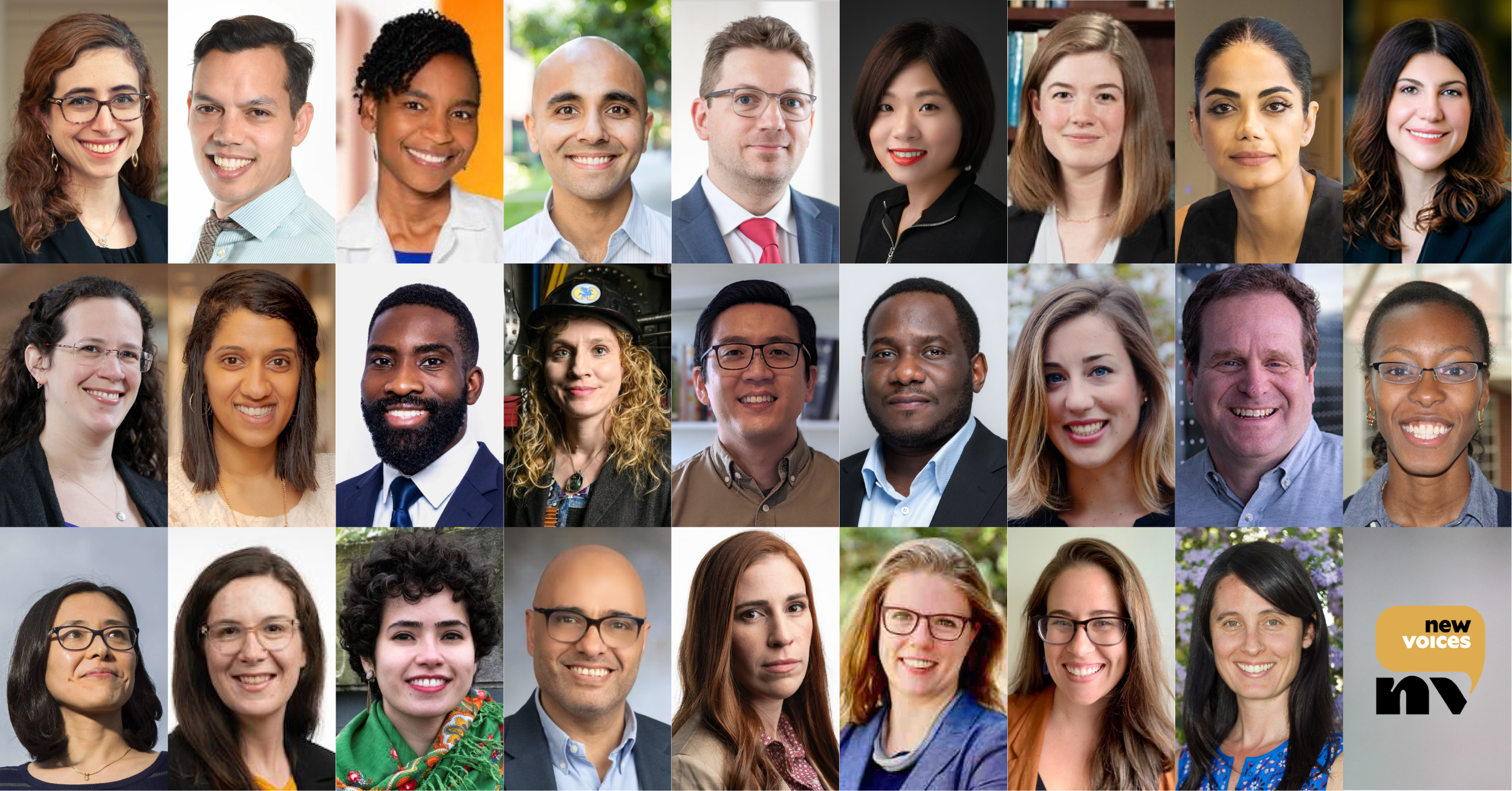For my year-long internship at Paragraf, I was given a project to enhance the company’s biosensing capabilities. I approached this task by modifying the graphene surface using polyethylene glycol (PEG). This forms a layer of polymer brushes to overcome Debye screening by increasing the Debye length to improve sensitivity.
Overall, I feel that this project has given me valuable opportunities, from developing my laboratory skills – and many other soft skills – to presenting data to my team. In addition, I was able to gain valuable experience using different analytical techniques – such as atomic force microscopy, Raman spectroscopy and electrical characterisation – to characterise the functionalised graphene surfaces. While these techniques were taught in my university course, there were no opportunities in that course to carry out these techniques; however, my Paragraf internship has allowed me to gain valuable hands-on experience. I also feel that the internship has given me insight into what it’s like to work in a professional research industry.
My time at Paragraf has led me to develop an interest in biosensing and using chemical interfaces to improve sensitivity to selectively detect biomarkers. This led me to choosing a project in a similar field for my final year of my degree, which was the development of a point-of-care biosensor to detect cancer biomarkers. The skills I have gained at Paragraf, such as keeping track of experimental work and data, lab skills and interpersonal skills such as communication with team members, have helped me significantly for my final year project work.

Xjin Kai Hew is a student pursuing a master’s degree in Chemistry at the University of Strathclyde.


